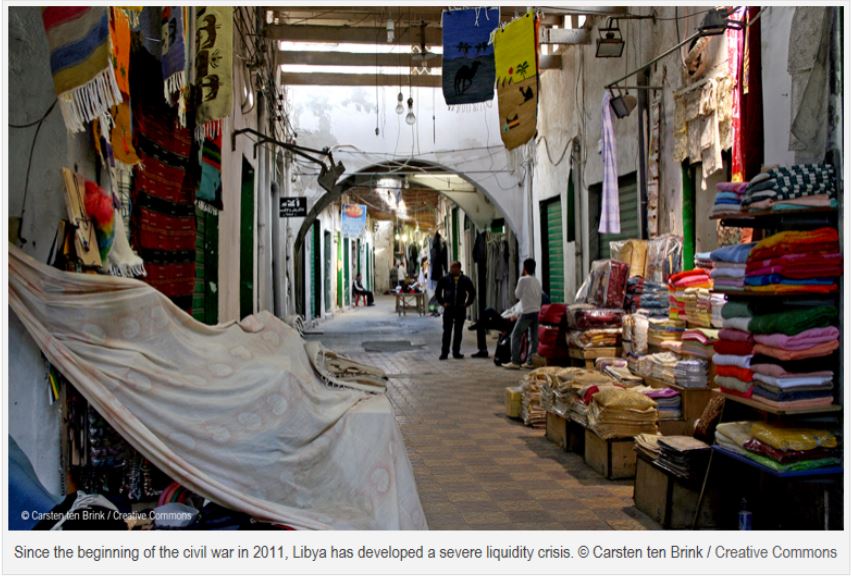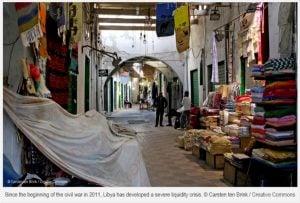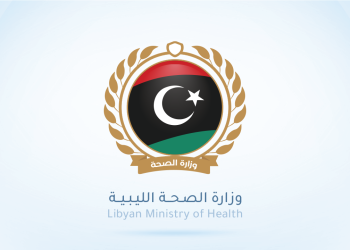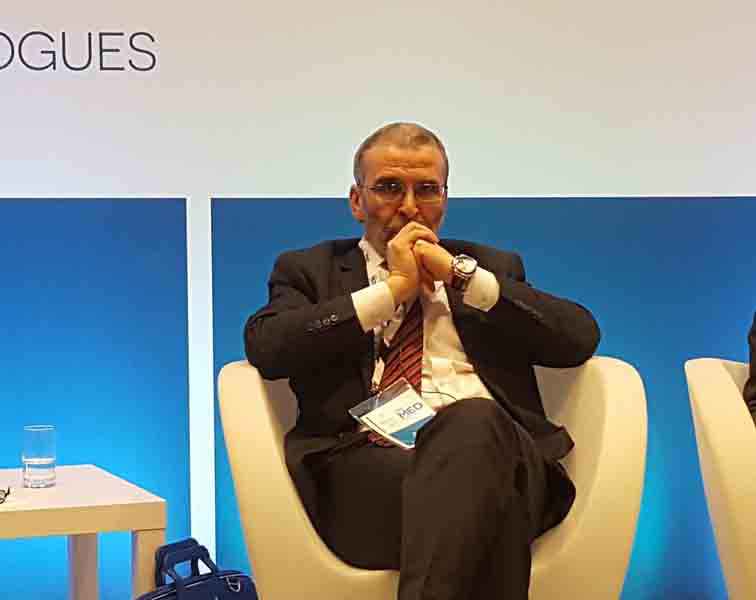By Sami Zaptia.
London, 6 August 2018:
The median cost of an overall Minimum Expenditure Basket (MEB) went up by 2,75 percent across Libya in June. The cost of a basket of goods rose from LD 616 in May to LD 633 in June, with food items rising by 3.1 percent. Attempts to make electronic and mobile modalities of payment were failing, the report said.
The findings come from the latest Libya Cash and Markets report by Swiss-based NGO REACH.
The report assessed 503 shops for 34 items in 29 cities across Libya from 1-8 June. The black-market exchange rate for the assessed period was LD 7.2 per US dollar and LD 8.37 per Euro.
The report stated that ongoing difficulties with the supply of subsidised flour to bakeries caused a rise in prices reaching 19.0% for flour and 10.1% for bread in 4 months. In Tripoli, many bakeries went on strike to demand that subsidised wheat flour be provided at earlier levels. According to key indicators (KIs) in Benghazi, bakeries that formerly sold bags of 6-7 pieces of bread for 1 LYD were now selling 4-piece bags for the same price.
The report noted regional variations in price increases. Across Libya, due to inflation, the MEB reached a median cost of 633.28 LYD (+2.7%). In comparison with May, the greatest growth was in the east (+4.7%) where it was LD 644. Despite decreasing prices in the south (-2.0%), the median MEB remained significantly higher than in the west and the east at LD 786.
Overall, the value of the report’s price indices still increased slightly since May 2018. Across all assessed locations, since February 2018, the west of Libya recorded the highest price index increases reaching +20.6% for food items and 4.7% for non-food items (NFIs). Food items accounted for 85.2% of the cost of the MEB’s key elements, slightly higher than in May.
Shortages of subsidised LPG in official shops have led to a growing parallel market. The median LPG on the parallel market, 11.00 LYD per 11 kg cylinder, was almost three times higher than that observed in subsidised official shops (4.00 LYD), with some parallel-market traders charging as much as 85 LYD per 11 kg cylinder.
Due to heavy clashes in Derna, supply chains for key goods were disrupted. KIs reported that many residents had uncertain access to food2, and eleven monitored items from the MEB were reported absent from the markets, with only two bakeries continuing to function. Due to these shortages, it was not possible in June to calculate the cost of an MEB in Derna.
With regards to methods of payments, the study reconfirmed that in Libya, cash is king. All assessed shops accepted cash as a method of payment. However, the report found that only 8 percent accepted bank transfers, 2 percent accepted store credit, 2 percent accepted credit/debit card and 2 percent accepted 2 percent certified cheques as an alternative form of payment for cash.
Moreover, the report found that the mark-ups for accepting credit/debit cards were between 30-40 percent and for certified cheques was 10-45 percent.









